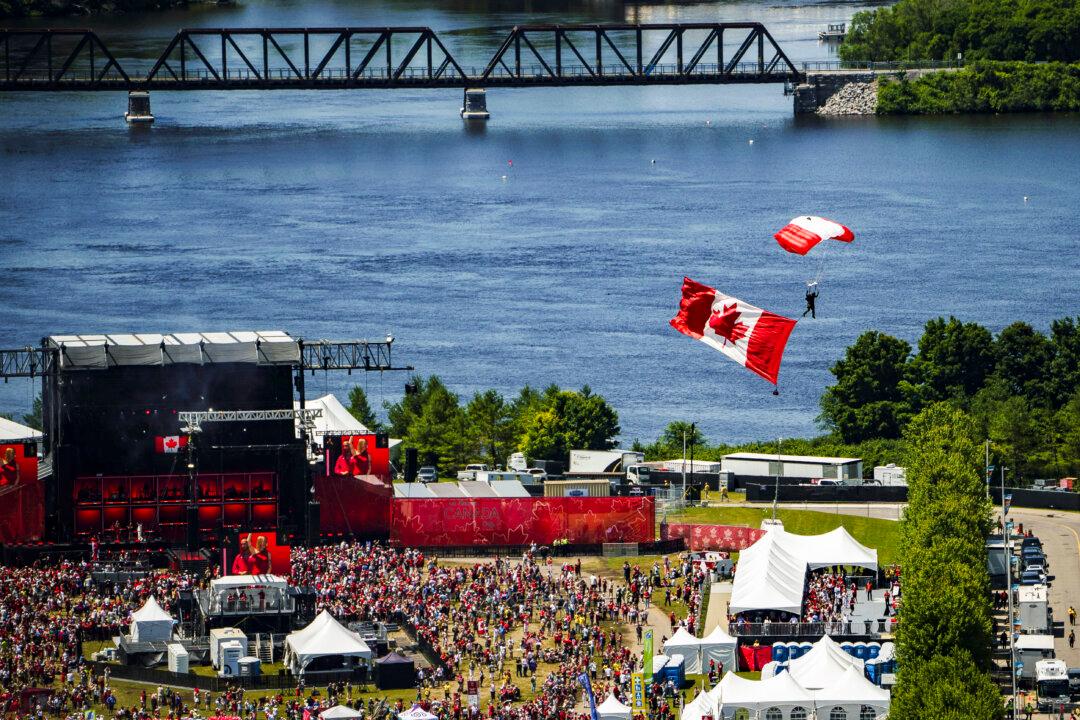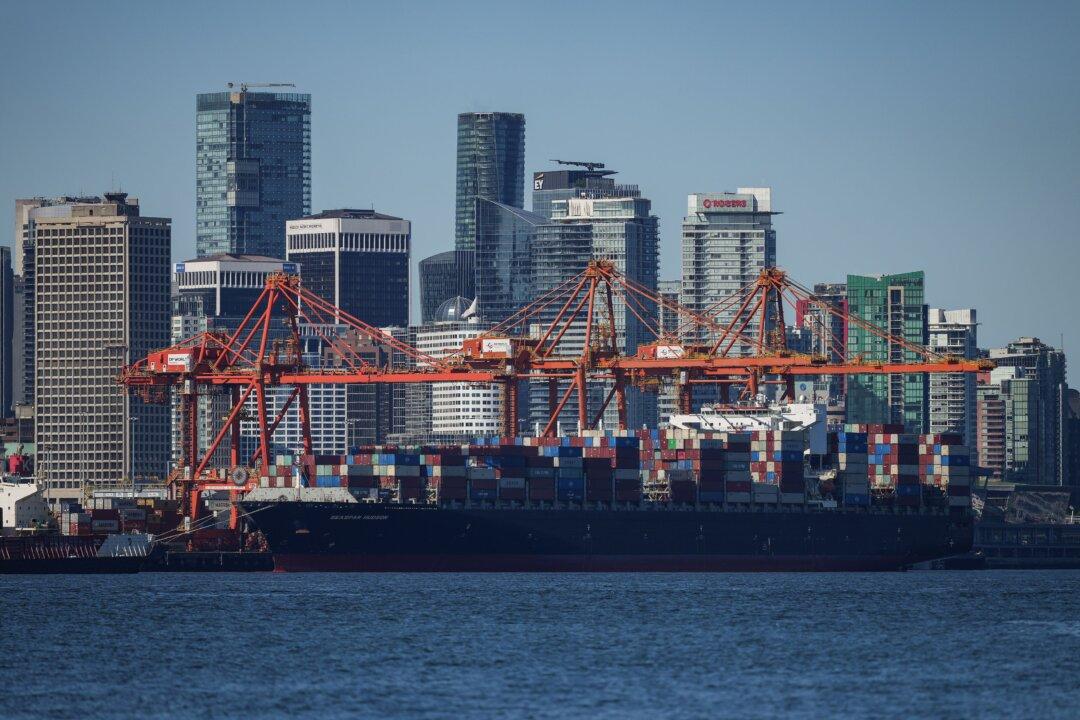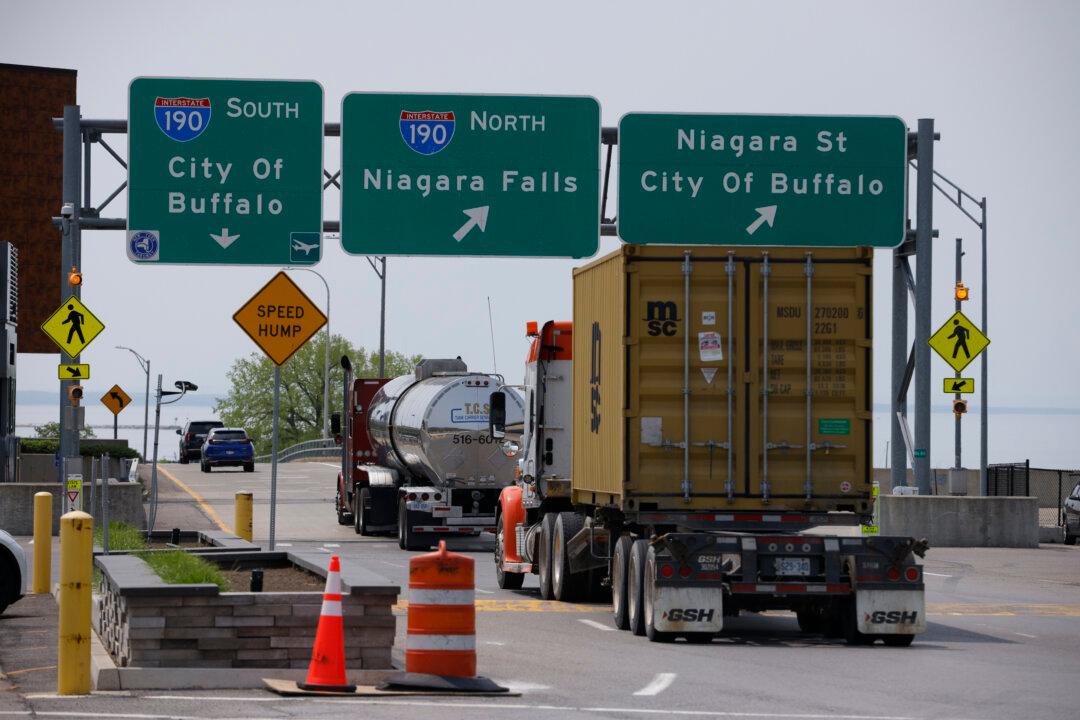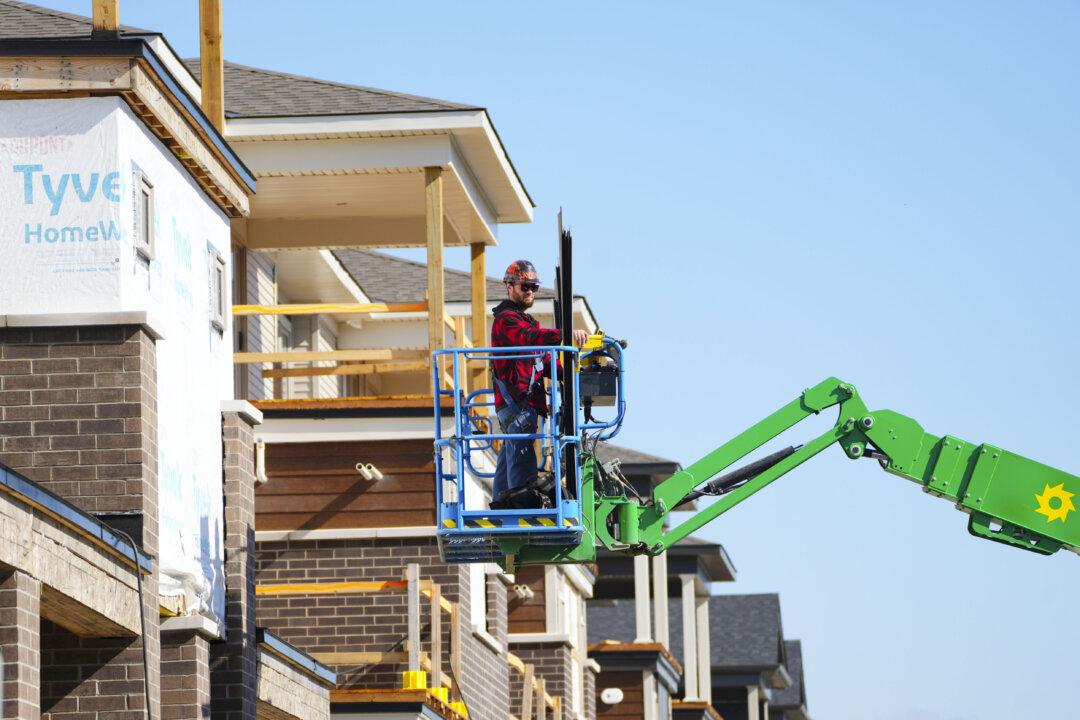Commentary
My family and I had a great time this past Canada Day long weekend. One day we spent up north, walking through the woods and enjoying the great outdoors. The next day we made it back into the city for a Canada Day parade and the celebrations that followed it. After a community barbecue, I then made my way down to the boardwalk with a friend to watch the fireworks on Toronto’s waterfront.





